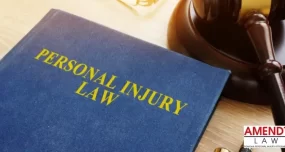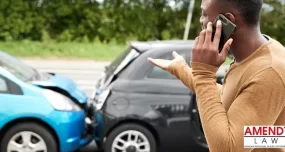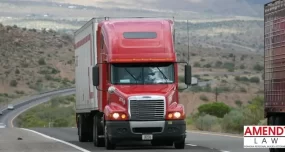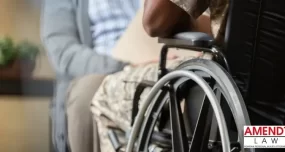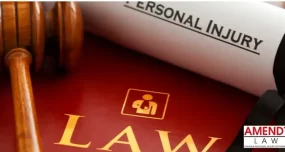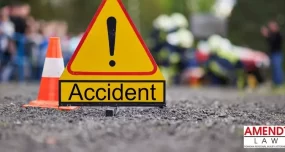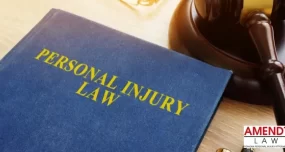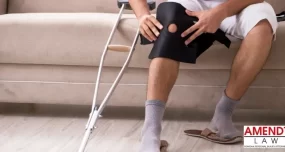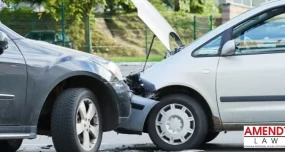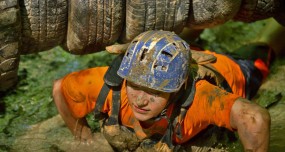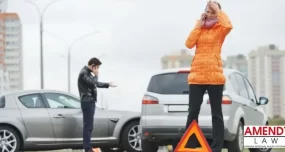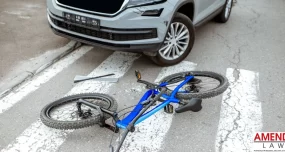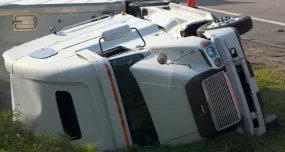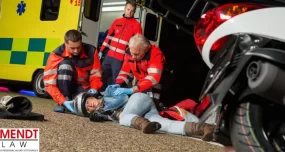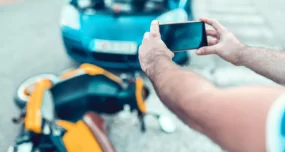Call Us : (909)-766-1994
Blog
Pomona Personal Injury Law Blog
How To Prove Fault in a Personal Injury Case in California?
When you experience an injury due to another party’s actions, it can have traumatic effects both mentally and physically. State laws can be complex, making…
Average Wrongful Death Settlement in Pomona, CA (2025)
Few incidents in your life can be as painful, personal, and overwhelming as suffering a wrongful death. Losing a loved one is always painful, but…
How Much Does It Cost to Hire a Car Accident Lawyer in Pomona?
Being involved in a car accident can be a particularly traumatic event, especially if it results in serious, life-changing injuries for you. You may not…
How Long Does It Take to Settle a Truck Accident Case in Pomona? 2025
Being involved in a truck accident can be one of the most terrifying and physically damaging events of your life. Following the accident, you may…
Common Types of Personal Injury Claims in California (2025)
Whether it’s a car crash on a busy highway, a slip-and-fall in a grocery store, or an injury caused by a defective product, victims of…
How Much Does a Personal Injury Lawyer Cost in California?
Following a personal injury, paying for legal representation may seem like one more financial obstacle you have to deal with on your path toward justice…
What Happens If the Person at Fault in An Accident Has No Insurance in California? 2025
Have you ever wondered what happens if the person at fault in an accident has no insurance in California? While driving without insurance is illegal…
Average Personal Injury Settlement in California (2025)
The aftermath of a personal injury can leave you with mounting medical bills, lost wages, and uncertainty about your future finances. Under the state’s personal…
California Car Accident Statistics
California car accident statistics are ever-changing. As time passes, our methods of transportation change; for example, rideshare options have become increasingly popular. The state is…
California Personal Injury Statute of Limitations
Have you ever wondered what the California personal injury statute of limitations is? The statute of limitations refers to the timeframe you have to sue…
California Car Accident Laws 2025 – All You Need to Know
Whenever you are driving, it’s important to know and understand the traffic laws of the state you are traveling in. California car accident laws are…
Challenge Course Held Liable Despite Signed Waiver at Recreational Adventure Course
In a notable case handled by Los Angeles personal injury attorney Christian Amendt, a woman was severely injured during an accident at a recreational challenge…
How To Obtain a Copy of Your Traffic Collision Report in Los Angeles?
Traffic collisions can be stressful and chaotic, often leaving those involved feeling overwhelmed and uncertain about what to do next. Knowing how to respond appropriately…
What To Do After a Bicycle Accident in Los Angeles?
Los Angeles is known for many things, and an abundance of people is certainly one of them. Whether on the way to work or just…
What to Do After a Truck Accident in Los Angeles?
Motor vehicle accidents can be extremely traumatic events. From fender benders to severe collisions, these instances can make us feel uneasy and, in some cases,…
California Wrongful Death Statute of Limitations
Losing a loved one is never easy, but it can feel even more devastating when it is untimely due to the negligence of others. In…
Common Types of Motorcycle Accidents in Los Angeles
Los Angeles is a great place to own a motorcycle, particularly in the summer months. Whether out for a weekend cruise or just getting around…
$250,000 Settlement
Car Accident Leaves Man With Torn Rotator Cuff That Needed Surgery With Bone Anchors In a significant legal case stemming from a car crash, a…
$100,000 Settlement
Unsafe Bus Stop Causes Woman to Fall and Break Foot While Getting Out In a tragic incident involving transportation services on a Southern California college…
What to Do After a Motorcycle Accident in California?
Being involved in a motorcycle accident can be life-altering. Depending on the accident and the details surrounding it, you may be dealing with severe injuries,…

